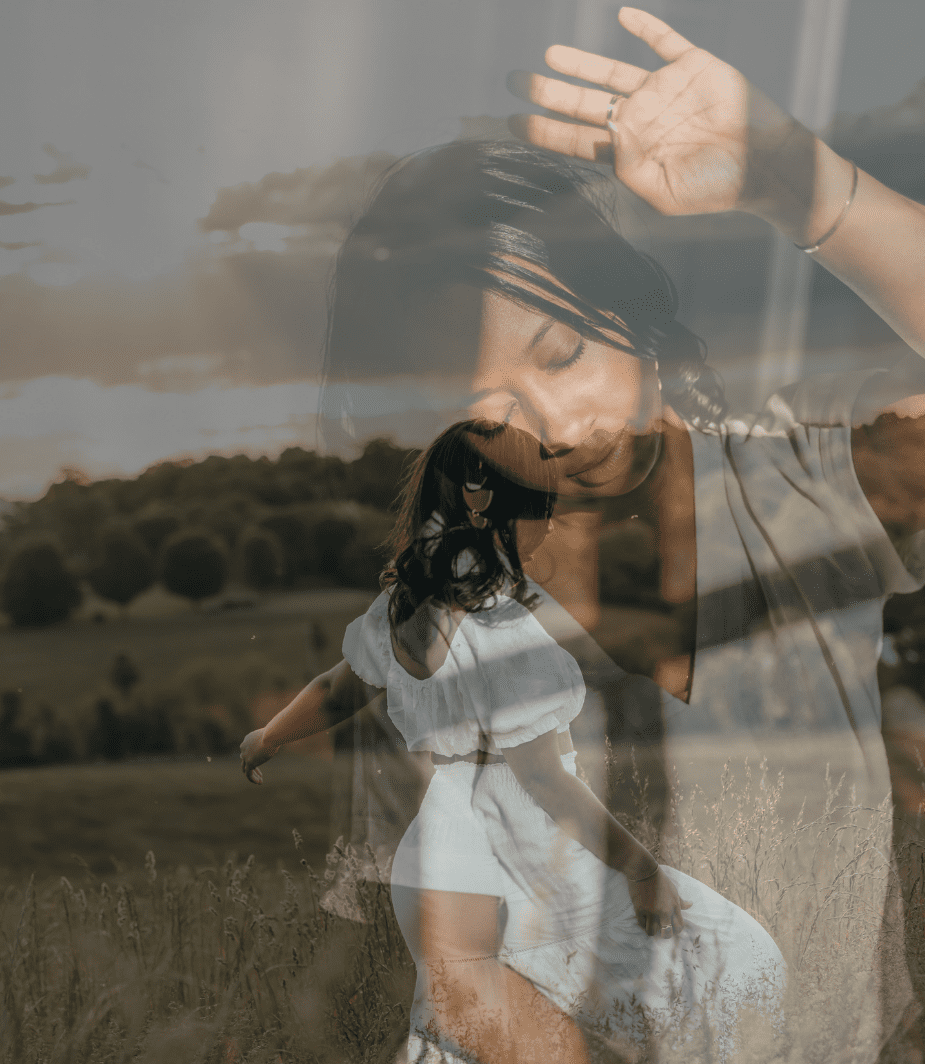Exploring the Space Where Design Meets Mental Health
The Why Behind the Intersection
There’s a space I keep returning to. The quiet overlap between creativity and care. It’s where design stops being just visual and starts becoming relational. Where color, texture, and language can ease tension, encourage reflection, or remind someone they’re safe.
I didn’t arrive here by accident. My background began in healthcare informatics, building and refining electronic health record workflows, sitting with clinicians as they documented care, and seeing firsthand how technology can either support healing or get in its way. Somewhere in those long afternoons spent troubleshooting systems, I started wondering: what if the same attention we give to data and compliance could also be given to design that feels human?
That question became the bridge between my two worlds, healthcare and creativity, and it’s the space I now call home.
I’ve come to see that the tools we use to communicate, like websites, brands, and digital systems, can either widen the gap between people and care… or gently bridge it.
My Perspective and Philosophy
My work lives on that bridge: part healthcare informatics, part creative design. I’ve spent years learning how clinicians build trust, document care, and navigate technology, and now I translate that understanding into visual communication.
When I first started exploring how design can support mental health and healing, I noticed something familiar: the same care that goes into helping a client regulate their nervous system can also go into shaping a digital space that feels calm, clear, and grounded.
To me, design for mental health professionals isn’t about aesthetics alone. It’s about clarity, warmth, and accessibility.
It’s about helping a therapist’s website feel like an extension of their therapy room, a place that mirrors their calm tone, their sense of safety, their belief in healing work.
Good design doesn’t speak louder than the professional behind it. It guides gently. It gives form to empathy.
Every color choice, every line of text, every interaction becomes a ways to say: you’re safe here.
What this Space Explores
This journal is where I’ll unpack what it means to design with care.
You’ll find:
- Notes on brand and web design for mental health professionals
- Reflections on wellness, creativity, and the balance between the two
- Experiments in process: what’s working, what I’m learning, and how it’s evolving
When I left the healthcare world to focus on The Rolling Hills Creative full time, I didn’t leave my old skill set behind, I just changed how I used it. Instead of designing EHR workflows, I now design systems and websites that make connection easier and care more accessible.
This space isn’t about pixels or portfolios, it’s about presence. About building digital spaces that feel grounded, intentional, and human.
An Invitation
If you’re someone doing healing work, in therapy, wellness, or any field that holds space for others, my hope is that this journal feels like a breath of recognition.
You deserve a digital presence that supports your mission without losing your humanity. And together, maybe we can keep exploring how design can help people find the care they need.

Cameran is a brand and web designer exploring the intersection of technology and healing work.
As The Rolling Hills Creative, she draws on her background in healthcare informatics to help mental health professionals and wellness practitioners build Showit websites and brands that feel grounded, intuitive, and designed with care.
Designing at the intersection of technology and healing work. One intentional space at a time.
Let's connect and talk. About your work, your clients, your lived experience and the kind of space you want to create online. Whether you’re reimagining your brand or building your first website, this is where we begin.
Contact
hillscreative.com